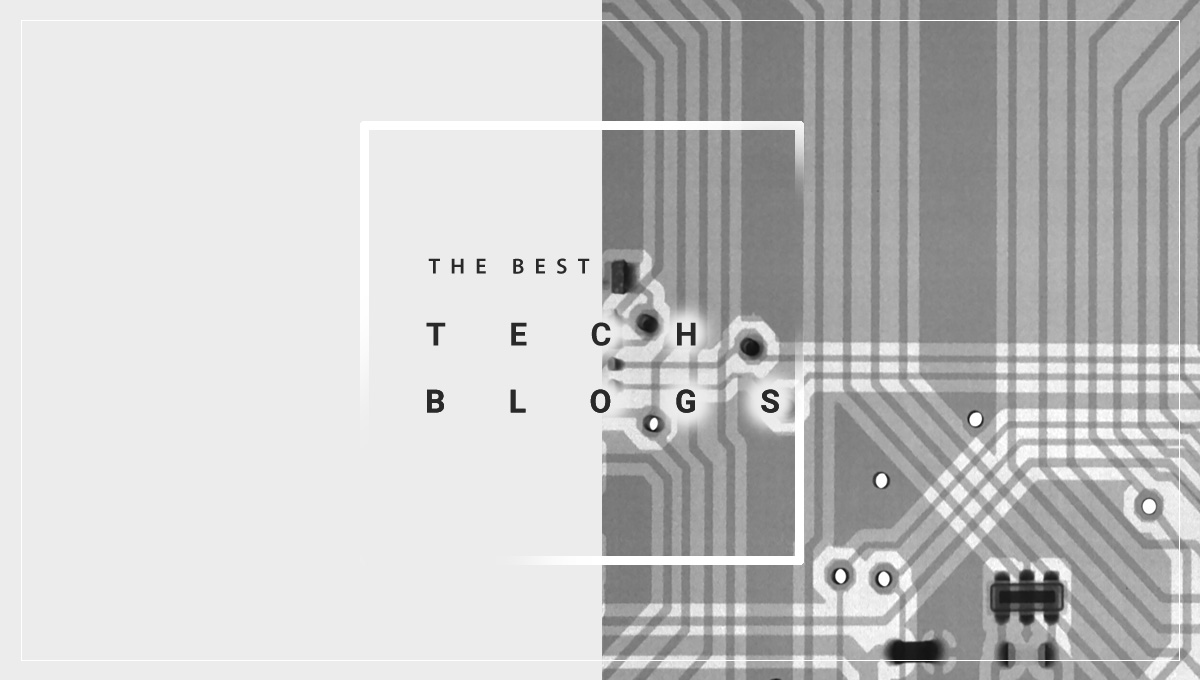Just How Blockchain Innovation Is Revolutionizing Information Safety And Security
Blockchain technology is essentially changing the landscape of information security by introducing a decentralized framework that promises improved transparency and durability. Unlike traditional systems, which depend on central information repositories, blockchain disperses information throughout a network, decreasing vulnerabilities and single points of failing. The usage of sophisticated cryptographic strategies makes sure that data stays tamper-proof, promoting trust amongst users and stakeholders.
The Basics of Blockchain
Blockchain modern technology, an innovative concept in electronic data monitoring, essentially transforms how info is stored and secured. At its core, a blockchain is a dispersed journal that records transactions throughout a network of computer systems, ensuring openness and immutability.
Trick to understanding blockchain is the hashing procedure, which secures purchase information into an one-of-a-kind alphanumeric code. This cryptographic function makes certain that any kind of modification in the deal data causes an entirely various hash, consequently safeguarding versus meddling. The consensus mechanism, another important component, verifies and verifies brand-new deals with a network of nodes, thus eliminating the requirement for a central authority.
In addition, blockchain's append-only framework makes certain that data, as soon as added, can not be removed or changed. This particular guarantees a irreversible and verifiable document of deals, fostering trust amongst individuals. Because of this, blockchain supplies a robust structure for information integrity, offering industries a dependable method for tracking and handling digital details in a safe, clear way.
Decentralization and Safety And Security
Decentralization, a core concept of blockchain modern technology, dramatically improves information safety and security by dispersing control across a network instead than depending on a singular, central entity. By spreading data across various nodes, blockchain makes certain that also if one node is jeopardized, the entire network remains safe.

Moreover, decentralization encourages customers with greater control over their data. Each participant in the network has accessibility to the whole blockchain, permitting them to confirm and examine purchases independently. This transparency promotes trust amongst customers, as they do not need to count on a main authority to ensure data honesty. Generally, decentralization contributes in improving data safety and security in blockchain networks.

Cryptographic Techniques
At the heart of blockchain innovation, cryptographic techniques play a pivotal duty in safeguarding information, ensuring both privacy and integrity. These methods are fundamental to the blockchain's capability to firmly videotape purchases in a decentralized way. Cryptography in blockchain uses a combination of crooked and symmetric algorithms to secure information, making it accessible only to licensed celebrations - Best tech blog. Public and private vital sets are main to this process, enabling safe and secure verification and identity confirmation without disclosing delicate info.
Hash features are one more critical element, changing input information right into a fixed-size string of characters, properly creating an unique electronic finger print for each block. This makes sure that any attempt to modify the information will certainly result in a totally various hash, hence preserving the immutability of the blockchain. Digital signatures validate the authenticity and honesty of transactions, offering a layer of non-repudiation.
The decentralized nature of blockchain, integrated with durable cryptographic methods, gets rid of the demand for middlemans, decreasing prospective vulnerabilities. As blockchain technology progresses, developments in cryptography such as zero-knowledge evidence and homomorphic file encryption proceed to enhance safety and security actions, additionally fortifying data defense in this advanced digital journal system.
Usage Cases Across Industries

In the medical care sector, blockchain makes sure the safe storage space and sharing of individual documents, advertising interoperability while safeguarding delicate data from unapproved access. This innovation empowers individuals with control over their medical history and facilitates smooth coordination among doctor.
Supply chain management benefits considerably from blockchain's immutable journal, which guarantees traceability and authenticity of products from origin to consumer. By enhancing transparency, blockchain helps mitigate problems such as counterfeiting and unethical sourcing.
Additionally, blockchain's decentralized nature is reshaping the power industry by allowing peer-to-peer energy trading, where consumers can purchase and market excess renewable resource straight. This promotes a much more lasting and reliable energy ecosystem.
In the realm of intellectual property, blockchain provides a tamper-proof platform for designers to sign up and protect their works, making sure rightful attribution and fair payment. These varied usage cases underscore blockchain's role as a critical pressure in redefining information protection throughout industries.
Future of Data Protection
As we look to the future of data defense, blockchain innovation is positioned to play a critical role in guarding digital information. With its decentralized and unalterable qualities, blockchain provides a robust framework for safeguarding sensitive information versus unapproved accessibility and cyber dangers. This technology makes sure that when data is tape-recorded, it is virtually difficult to alter without detection, hence offering a substantial advantage over typical data storage space methods.
The integration of blockchain with other sophisticated technologies, such as artificial intelligence and the Web of Points (IoT), is anticipated to enhance information protection approaches even more. By leveraging check my source clever agreements, companies can implement and automate security procedures, lowering human mistake and increasing performance. In addition, blockchain's capacity to provide deducible and transparent purchases will strengthen trust fund and liability in data administration methods.
As regulatory landscapes develop, blockchain's compliance-friendly nature will certainly become progressively pertinent. It can help companies satisfy stringent data protection laws, such as the General Information Defense Guideline (GDPR) and the California Consumer Personal Privacy Act (CCPA), by giving verifiable records of data handling activities. Ultimately, blockchain's distinct features position it as a transformative device in the ongoing pursuit to secure the electronic globe versus ever-evolving cyber dangers.
Conclusion
Blockchain innovation stands for a paradigm shift in data safety and security by leveraging decentralization and cryptographic methods to boost openness, trust fund, and information honesty. Its ability to eliminate solitary points of failing and utilize consensus devices considerably reduces the risk of scams and cyberattacks. This ingenious framework not only equips customers with higher control over their data yet likewise straightens with regulative compliance. As cyber dangers evolve, blockchain becomes an essential device for robust data security across numerous industries.
Blockchain technology is essentially modifying the landscape of information protection by introducing a decentralized framework that assures improved transparency and durability. Unlike conventional systems, which depend on central data repositories, blockchain distributes data across a network, lessening susceptabilities and solitary points of failure.Decentralization, a core concept of blockchain innovation, significantly enhances information protection by distributing control throughout a network rather than counting on a single, centralized entity.At the heart of blockchain innovation, cryptographic methods play an essential duty in safeguarding data, ensuring both privacy and integrity.Blockchain technology represents a paradigm change in information security by leveraging decentralization and cryptographic techniques to boost transparency, trust, and data stability.